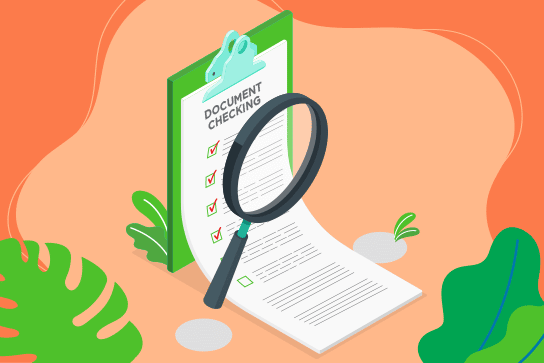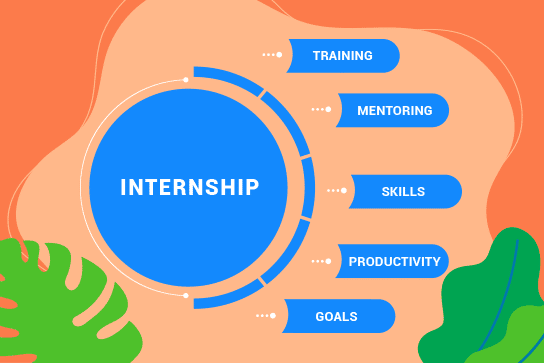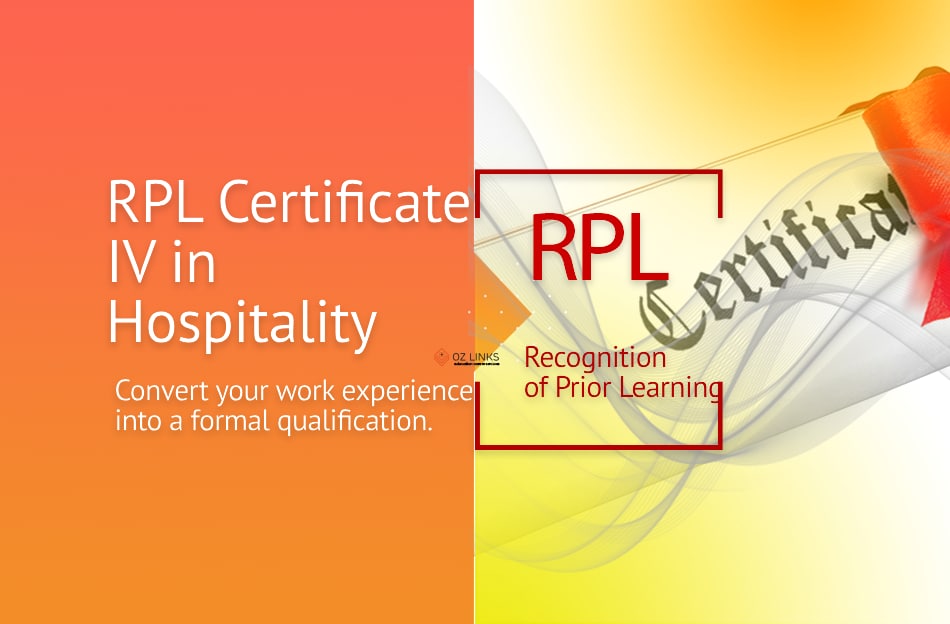Last Updated on July 28, 2025 by Ozlinks Education
Convert your existing skills and work experience in the hospitality industry into the Australian Certificate IV in Hospitality qualification. Gaining credit for the skills and knowledge you already have can help you save both time and money on training courses.
Let’s get your skills certified!
Certificate IV in Hospitality Overview
The SIT50422 Certificate IV in Hospitality is for an individual who employs a broad range of hospitality service, sales, and operational skills, combined with supervisory abilities and a solid understanding of industry operations, to plan, monitor, and evaluate the work of team members. They work independently or with limited guidance from others, exercising discretion to resolve non-routine problems.
This qualification facilitates employment as a supervisor in diverse hospitality establishments, such as restaurants, hotels, motels, clubs and pubs. The hospitality sector in Australia encompasses a variety of establishments, including restaurants, cafés, and bars, with an increasing demand for proficient food and beverage professionals. The burgeoning ‘foodie’ culture in Australia has substantially enhanced the hospitality sector’s growth over the past five years.
To achieve this qualification, students must demonstrate competency in a total of 21 units of competency that need to be completed:
- 9 core units
- 12 elective units
Job titles:
- Bar Attendant
- Bar Supervisor
- Restaurant Supervisor
- Food and Beverage Attendant
Why do I need the Certificate IV in Hospitality?
You may need the Certificate IV in Hospitality to enhance your job prospects and earning potential. These roles can be achieved with the skills you already possess, granting access to improved positions such as barista, bar attendant, bar attendant supervisor. This qualification enables you to negotiate a higher salary and provides the opportunity to establish your own small business within the food and hospitality sector.
International students and migrants may need to obtain the Certificate IV in Hospitality as part of their migration skills assessment for DAMA visa applications.
Ozlinks Education is an education agency that can assist you in converting your skills and work experience into a formal Certificate IV in Hospitality through the Recognition of Prior Learning (RPL) program offered by one of our registered training organisation (RTO) partners. Our expert team will evaluate your individual circumstances and provide tailored support to ensure that you obtain the qualifications necessary to advance your career and migration purpose.
What are the roles of bar attendants and baristas?
A bar attendants and baristas prepare, mix and serve alcoholic and non-alcoholic drinks to patrons in bars in licensed establishments, and prepare and serve espresso coffee and other hot beverages to patrons in cafes, coffee shops and dining establishments.
Their job involves:
- preparing, serving and selling cocktails, mixed drinks, bottled, canned and other alcoholic and non-alcoholic beverages, and a variety of coffee beverages such as lattes, cappuccinos and other espresso-based beverages
- cleaning and maintaining bar areas, coffee-making areas and espresso machines
- collecting payment for sales and operating cash registers
- promoting services and products
- washing glassware and arranging bottles and glasses
- tapping kegs and attaching supply lines
- replenishing drink dispensers, shelves and refrigerators
- selling light snacks
- selecting and grinding coffee
What is Recognition of Prior Learning?
The Australian Qualification Framework (AQF), governed by the Australian Government’s Department of Education in consultation with the states and territories, ensures that all students have the right to have their prior education, relevant work experience, and training acknowledged, facilitating their advancement towards and between qualifications. Each registered training organisation (RTO) has its policies and procedures for determining your Recognition of Prior Learning (RPL) eligibility, but the core principles remain consistent. The experience and skills you have gained through your work can assist you in completing a qualification more quickly and reducing the time commitment involved in taking a course to bring you closer to your dream job.
The advantages of using RPL program
Recognition of Prior Learning (RPL) program offer numerous benefits, including time and cost savings by validating existing skills and experience, expedited qualification achievement, and improved employment prospects. RPL program helps you:
- There is no need to relearn what you already know.
- It saves both your time and tuition fees.
- Assist you in achieving your career change objectives in Australia.
- Gaining an Australian qualification requires less time.
- You do not need to attend classes or redo the training you have already completed.
- Open new career opportunities in the building industry.
- Obtain a qualification to satisfy the visa or skills assessment requirements.
Evidence requirements
Below is the general list of documents that you are required to provide to support your RPL assessment application:
- 100 points of identification documents (ID)
- A current resume outlines your relevant employment history
- Student USI number
- Evidence of employment including an employment reference letter, an employment contract, payslips, an income statement, and superannuation.
- Workplace photos and videos that showcase you performing your tasks in accordance with the job duties outlined above demonstrate your competency in the relevant qualification.
Note: Additional gap training may be necessary to address any areas for improvement and to ensure a positive assessment outcome. An RTO assessor might conduct a competency interview with you to identify any existing training gaps.




